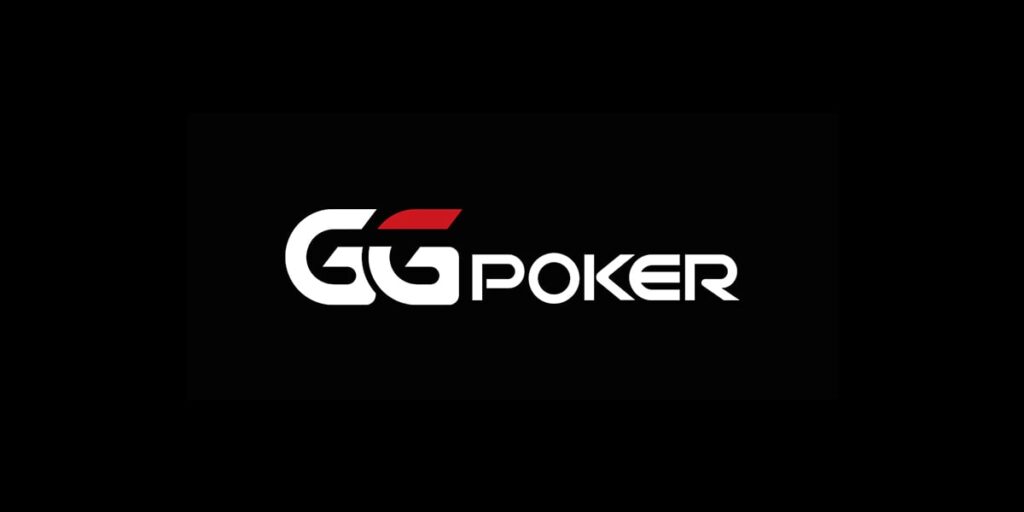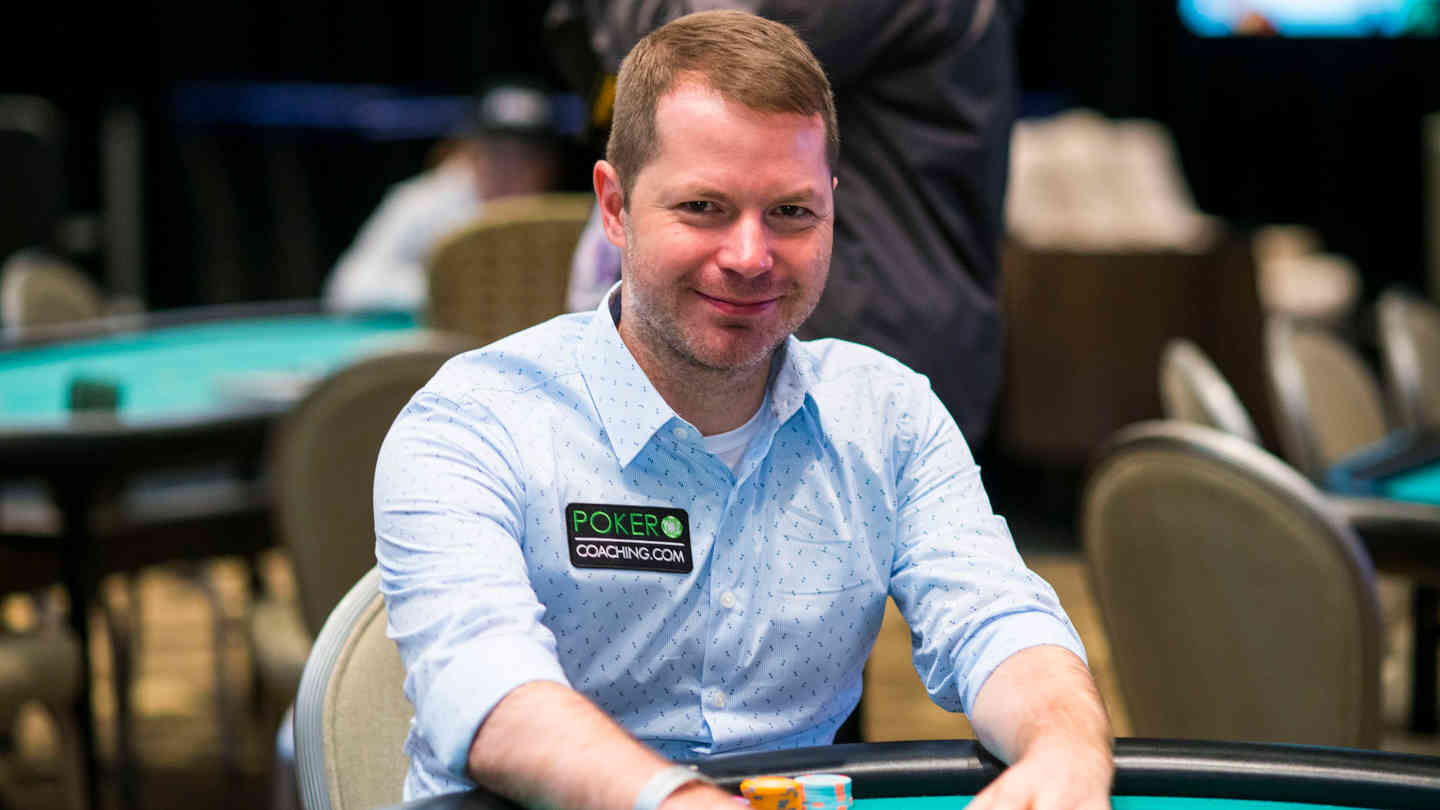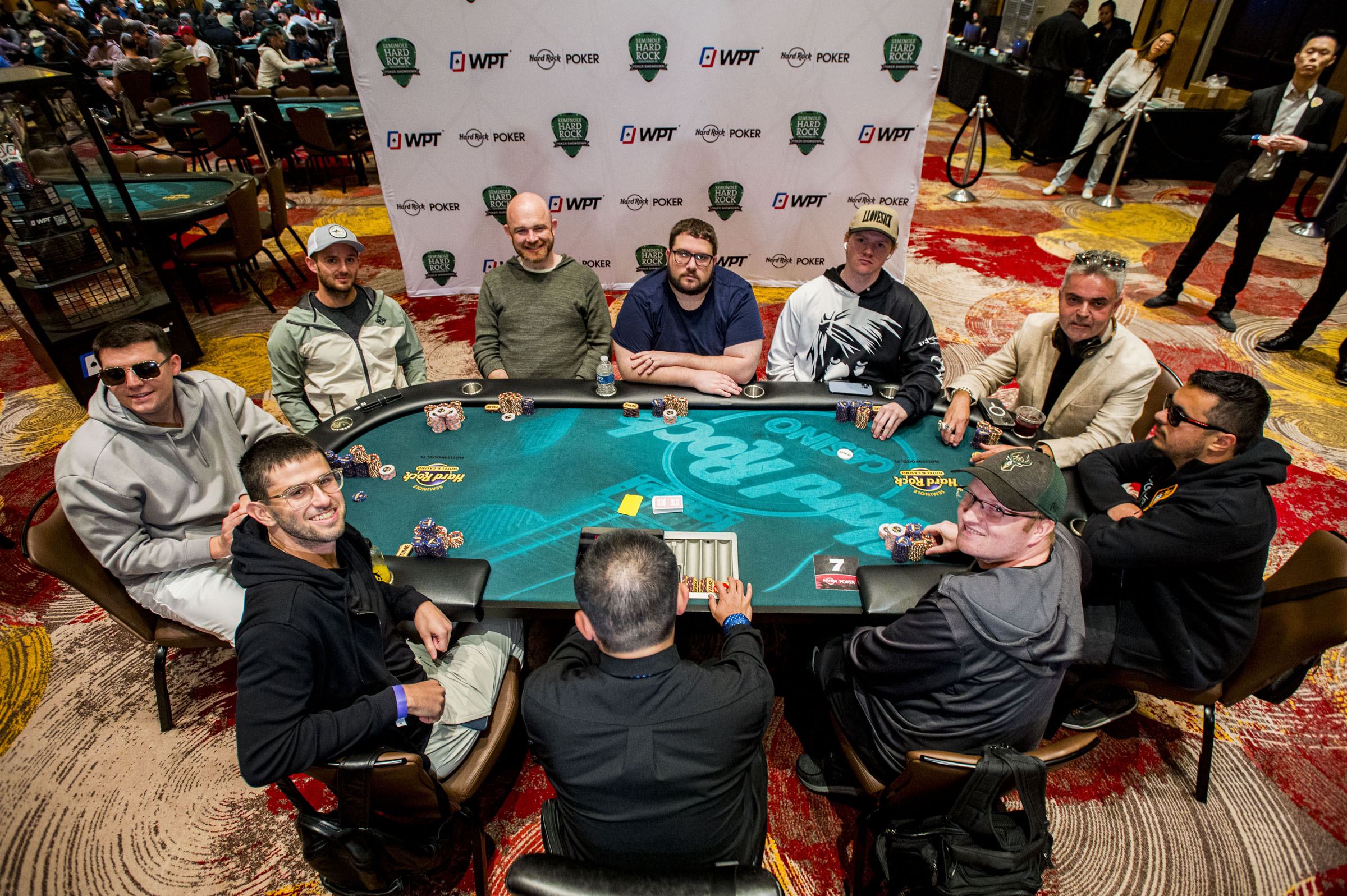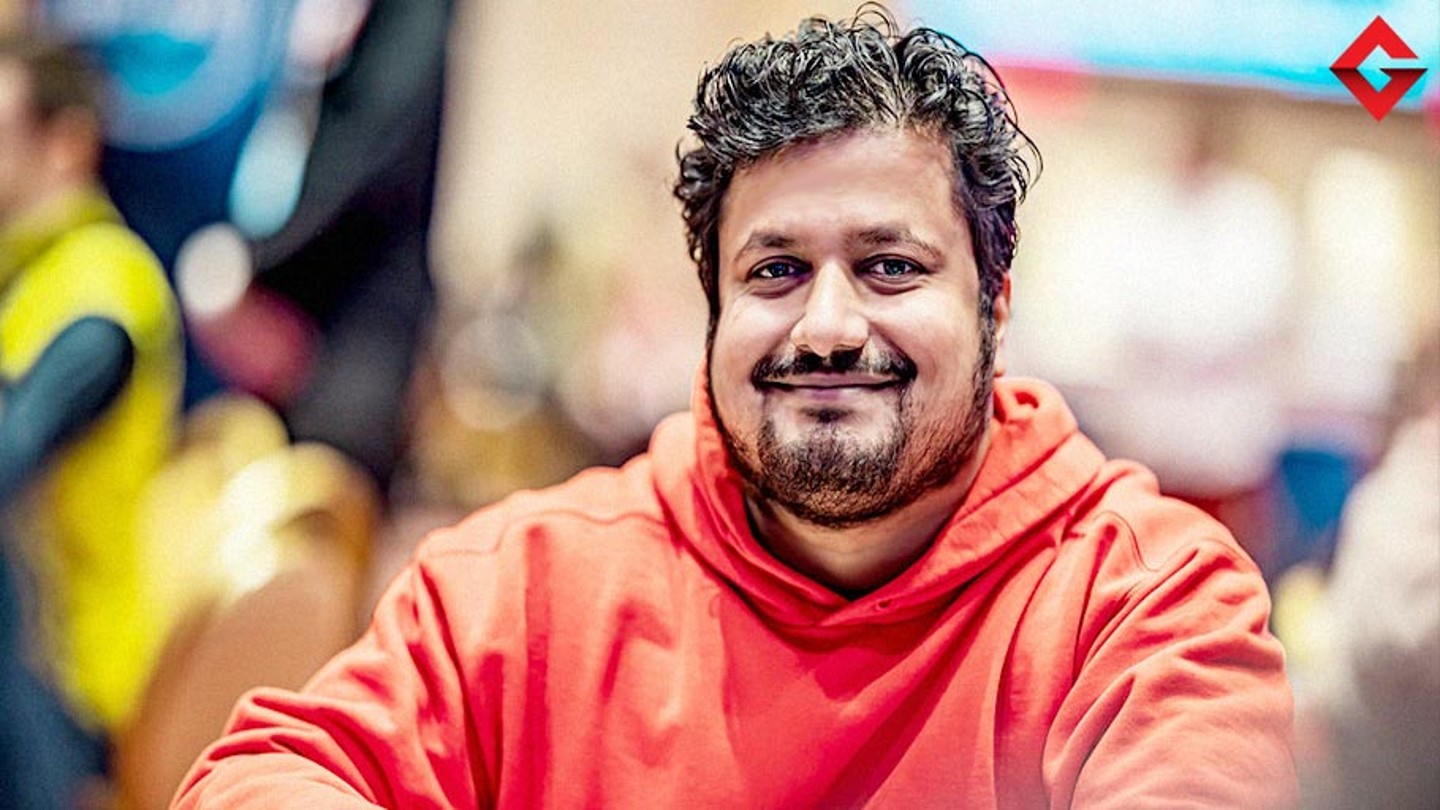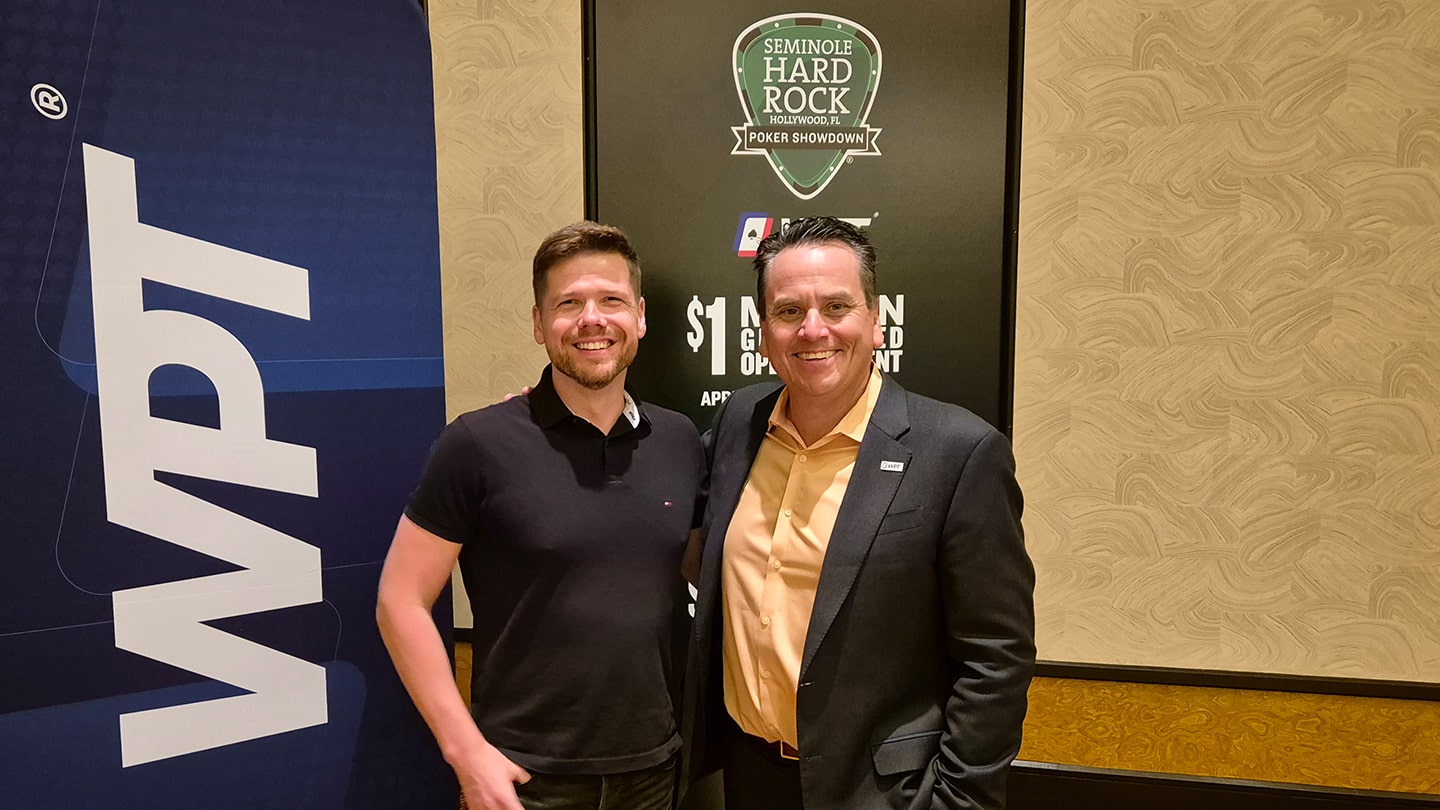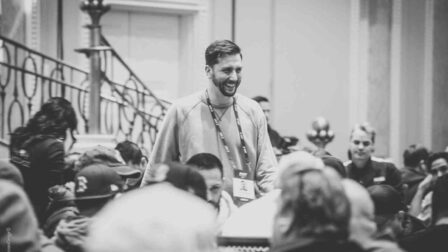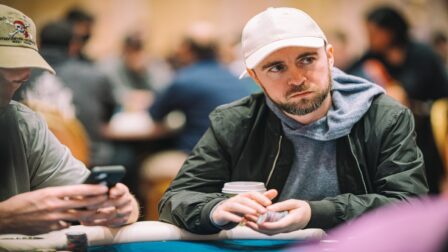Ultimate Bet and Absolute Poker Scandal – What Actually Happened?
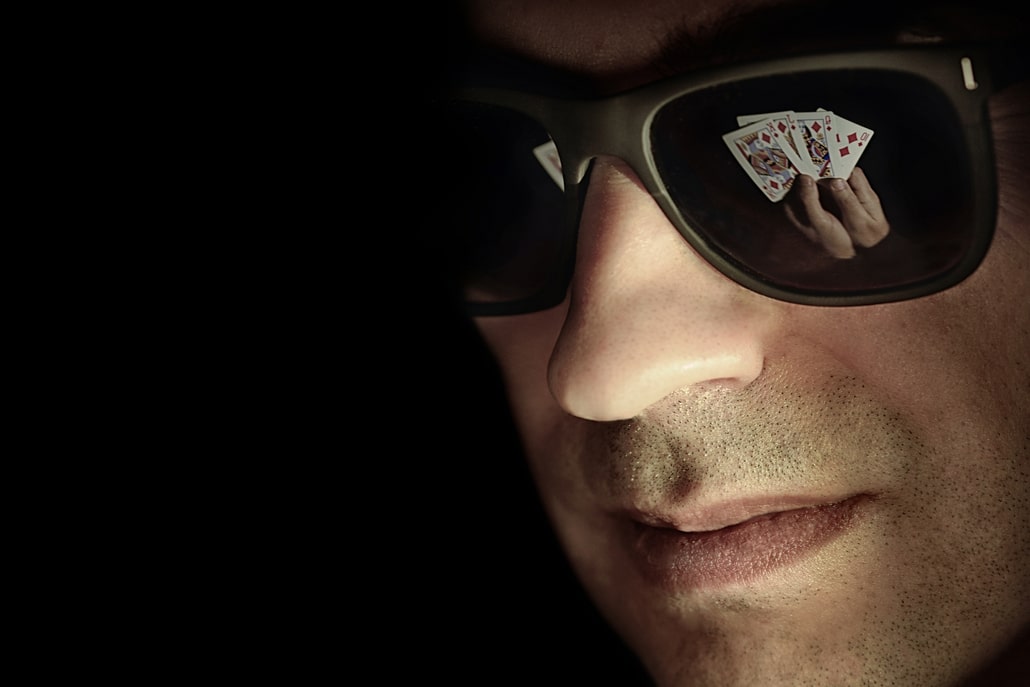
7 minutes
Last Updated: March 19, 2024
If you have been around online poker for a while, the names of Ultimate Bet and Absolute Poker are surely ones you have heard, at least in passing.
This is because these two companies and poker sites were involved in what remains the biggest scandal in the world of online poker to this date.
The two separate scandals happened during the first decade of the 21st century, with both sites ultimately going under and remaining millions of dollars in debt to the players.
In case you were too young to remember it or simply weren't around poker back then, let's take a trip down the memory lane and think back of how it all went down.
I have prepared a full breakdown of both scandals, the sites' shutdown, and the aftermath it all left behind. Sit back and take in this valuable lesson in the potential dangers of online gambling.
Ultimate Bet – How it started
Ultimate Bet was founded back at a time when online poker was not yet a big thing among the masses. In fact, it emerged before the poker boom in the late 1990s.
Two individuals, Jon Karl and Greg Pierson, had started a small tech company under the name of ieLogic. The company’s early goal was to create software for MMOs (massively multiplayer online games), but that quickly changed.
ieLogic did create software that could be used for gaming, and this software was the foundation for the first Ultimate Bet poker platform in the early 2000s.
It was Russ Hamilton, a somewhat well-known poker pro, who talked Pierson into creating this platform, which would cater to the limited circle of poker players from Las Vegas and abroad.
The site was first launched in 2001, and it was Canada's Kahnawake Gaming Commission that issued a license for its operation. This Commission, of course, had no real legal standing in the USA.
Nevertheless, the site started running, and players flocked to it. With the likes of Annie Duke and Phil Hellmuth promoting it, numerous poker pros quickly started playing on the platform.
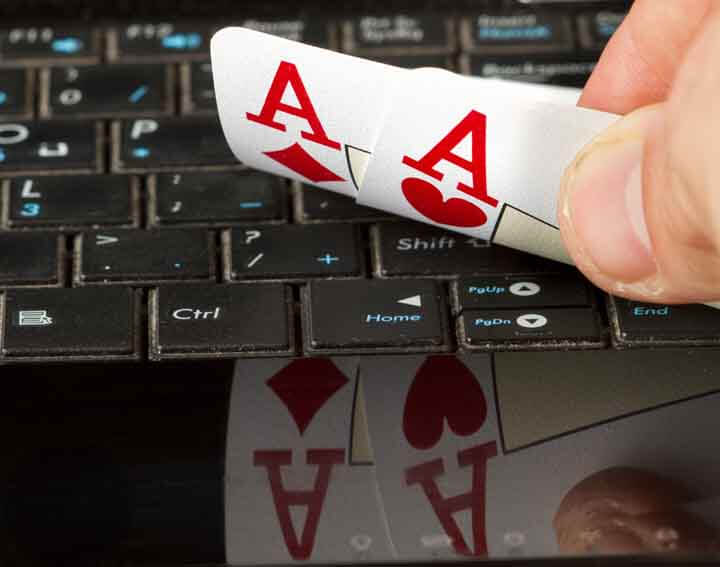
This was amazing news for Hamilton and Pierson, as their company was looking good from the early days. Ultimate Bet started sponsoring live Texas Hold’em events as well, with many big-name pros like Freddy Deeb and Eric Lindgren winning titles in some of the early ones.
The breaking point for Ultimate Bet came in 2006 when the US government enacted the UIGEA. At this point, Ultimate Bet's parent company was publicly traded on the London Stock Exchange, and this was a problem.
Things started to spiral as the company was sold to Tokwiro Enterprises ENRG, which was owned by Joe Norton, the Grand Chief of the Kahnawake tribe. This effectively made Ultimate Bet, and soon also Absolute Poker, the ownership of the tribe.
Absolute Poker – The Beginnings and the Scandal
Like Ultimate Bet, Absolute Poker was started in the early 2000s. The year was 2003 when a group of students from the University of Montana created this online poker site.
The business idea seemed great, and they moved their company to Costa Rica so as to be outside of the legal boundaries of the USA. Absolute Poker, like Ultimate Bet, was licensed by the KGC.
For the first few years, Absolute Poker was not massive, but when the UIGEA hit and many competitors left the US market, AP stuck around.
This meant that AP would become one of the biggest poker sites in America overnight. However, just a year into it, the site was hit by what’s now known as the Absolute Poker scandal.
In late 2007, the poker forums were beset with rumors of potential foul play at the site. These were not your common rants about bad beats but actual founded accusations against particular players.
One name, in particular, stood out! The player under the nickname “Potripper” was showing results that were defying math, logic, and common sense.
A player going under the alias “CrazyMarco” requested hand histories for one of his tournaments and, by accident, the site sent him the master hand history, which proved his allegations.

Not only was Potripper playing in ways that defied common sense, but he was also based in Costa Rica, along with a spectator on each of his tables.
The implications were clear! A superuser account was feeding Potripper with information about his opponents’ hole cards.
The site initially rejected the accusations but later admitted that there was foul play at stake, although they never openly took responsibility for it. The Absolute Poker scandal remains not fully resolved to this day.
The Ultimate Bet Scandal Exposed
Only a few months after the events at Absolute Poker, Ultimate Bet was shaken by a similar scandal. It is worth noting that at this point, both sites had become a part of the Cereus poker network, owned by the Kahnawake tribe Grand Chief.
A player under the nickname “NioNio” was the suspect this time around, as his results seemed to replicate those that Potripper had at Absolute Poker just months prior.
Similar to Absolute Poker, Ultimate Bet eventually admitted that some foul play was happening, and a number of accounts and players were implicated.
When all was said and done, the ring seemed to rely on information obtained by someone using the nickname “Auditmonster2,” who had the ability to see player hole cards across all tables.
A statement that was released by Ultimate Bet in May 2008 confirmed that cheating had gone on for over a year, and the KGC fined the company for $1.5 Million.
Despite the company admitting the Ultimate Bet scandal and being fined by the KGC, many players lost their trust in the Cereus poker network by this time, and the names of Phil Hellmuth and Annie Duke suffered great damage.
Black Friday – The Great Shakedown
April 15, 2011, will go down in history as the worst day ever for online poker. On that day, the American DOJ decided to shut down several of the biggest poker sites still operating within the USA.
This included PokerStars, Full Tilt Poker, and Absolute Poker. These domains and other property associated with the sites were seized as a part of the operation that looked to enforce the Wire Act, UIGEA, and other laws pertaining to illegal gambling and money laundering.
PokerStars and Full Tilt shut down and did not try to reopen, but Absolute Poker reopened under a different domain and kept serving players in the US well into 2012.
When all was said and done, the site owed its players over $50 Million while clearly having made millions of dollars over the course of the years from the rake.
While a few of the mid-level people at Absolute Poker did receive fines of $300.000 and the company’s head of payment processing Brent Beckley was sentenced to 14 months in prison, the overall fallout of the scandal was minimal.
Hamilton and Pierson in on the Cheating?
Originally, the Absolute Poker and Ultimate Bet scandals were portrayed as players who gained access to superuser accounts and used them to take advantage. However, was this really the case?
Since the early days, there were suspicions that someone at the company was actually abusing the superuser account, mostly because the super users were located in Costa Rica.
In 2013, Travis Makar, who used to work for Russ Hamilton for years, released a number of files and materials that painted a clearer picture of what went down.
Among these, a three-hour conversation between Hamilton and Pierson, as well as a couple of company lawyers, was released.
This conversation contained some very incriminating remarks, including Hamilton openly admitting that he benefited some $18 Million from the scam.

The materials showed how Hamilton went around the site's security, gained access to superuser accounts, and used them to amass millions for himself.
Things Made Right In Part
Players who were scammed as a part of the Absolute Poker and Ultimate Bet poker scandals were never compensated for their losses.
To this date, these scandals remain some of the biggest in the history of online gambling, and the ones responsible are clear. Yet, Russ Hamilton and his co-conspirators were never punished.
The funds that Absolute Poker owed its players after Black Friday were partially recovered, as the DOJ repaid some $33.5 Million to over 7,000 players affected by the shutdown.
The funds were paid via a third-party facilitator under the name of Garden City Group, and further rounds of payments may yet come, although it seems less likely by the day.
Millions more were lost in the process, and many players decided not to even file claims, fearing potential prosecution for tax evasion or money laundering for being associated with the companies.
These scandals smeared not only the names of Absolute Poker and Ultimate Bet but also the KGC, which continues to issue gaming licenses to this day.
So, if you are looking to gamble online, playing at sites licensed by this entity may be something to think twice about when other options are available.






